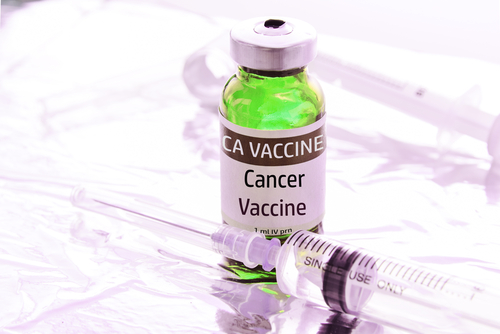OncBioMune Pharmaceuticals soon will initiate a Phase 2 trial evaluating the effectiveness and safety of its lead immunotherapy, ProscaVax, for men with early-stage prostate cancer.
In a recent update, the company announced that the initial installments needed for the study have been made, and final preparations for patient enrollment are being completed.
The Phase 2 study (NCT03579654) will be conducted at Beth Israel Deaconess Medical Center in Boston, Massachusetts, and it will be supervised by Theradex Oncology.
“Our excitement is growing as we draw closer to enrollment. We (our company and the host hospital) have already fielded inquiries from prostate cancer patients interested in participating in the study, which is an encouraging sign about recruitment once the trial is opened,” Jonathan Head, PhD, CEO at OncBioMune, said in a press release.
ProscaVax is an anti-cancer vaccine being investigated for the treatment of prostate cancer. It consists of a combination of the prostate specific antigen (PSA), a hallmark of prostate cancer, plus two immune system activators, interleukin-2 (IL-2) and granulocyte-macrophage colony-stimulating factor (GM-CSF).
In a prior Phase 1a/1b study (NCT02058680), Proscavax stopped prostate cancer progression in 80% of patients within 19 weeks of treatment, and reduced tumor growth in 70% of patients after 31 weeks of treatment. The treatment also was deemed safe and well-tolerated.
Now, OncBioMune will compare ProscaVax to active surveillance –—an approach in which patients are closely followed for signs of cancer progression — in approximately 120 men with low-risk, localized prostate cancer, who have not received any prior treatment.
ProscaVax will be given in six doses at weeks 1, 2, 3, 7, 11 and 15, followed by monthly maintenance injections alternating between low-dose IL-2 and ProscaVax for six months.
Participants will be followed for up to two years to determine if the vaccine delays cancer progression, and will be assessed with PSA tests, digital rectal examination, and biopsies at different time intervals. The vaccine’s safety also will be evaluated.
“We think the interest is owed to the strong safety profile and meaningful immunological effect demonstrated in the Phase 1 study of ProscaVax in advanced-stage prostate cancer patients and the simple fact that there are no FDA-approved therapeutic options for the tens of thousands of active surveillance patients that want to be proactive in addressing their cancer,” Head said.
“We believe that ProscaVax has a lot to offer these patients and potential future partners as the only vaccine of this type,” he added.

